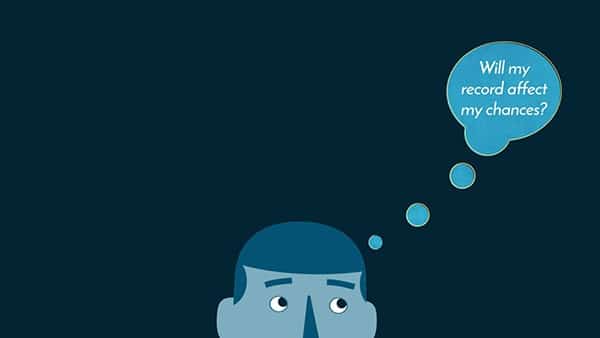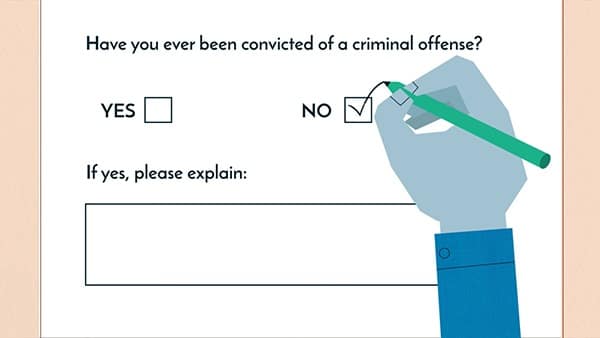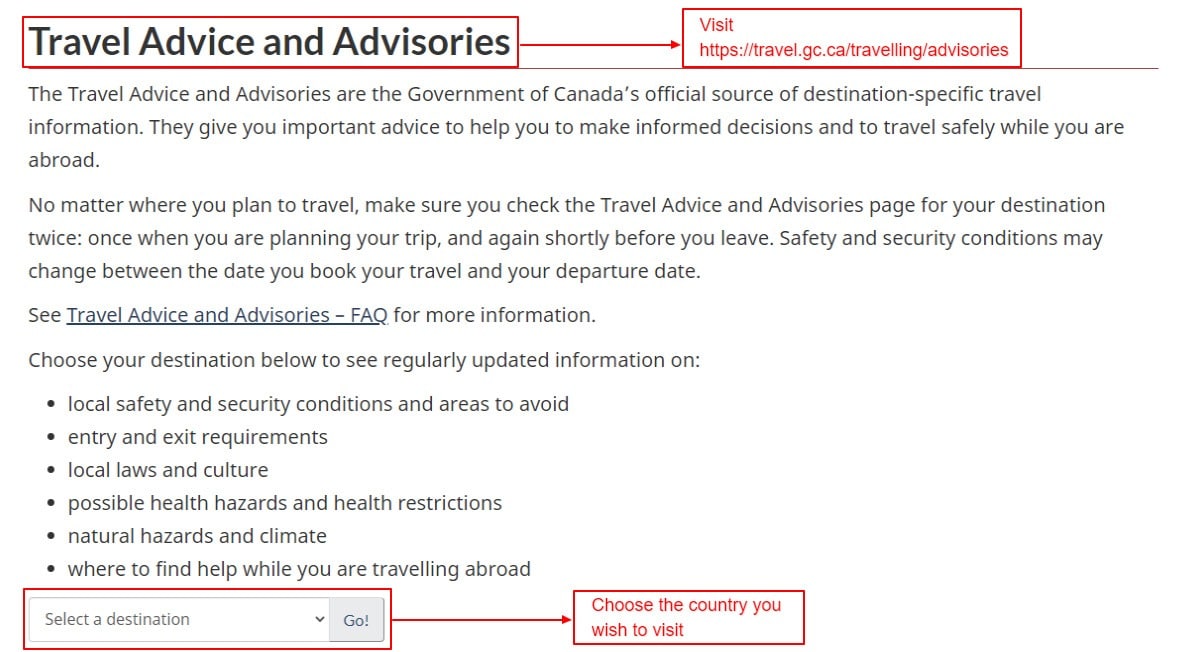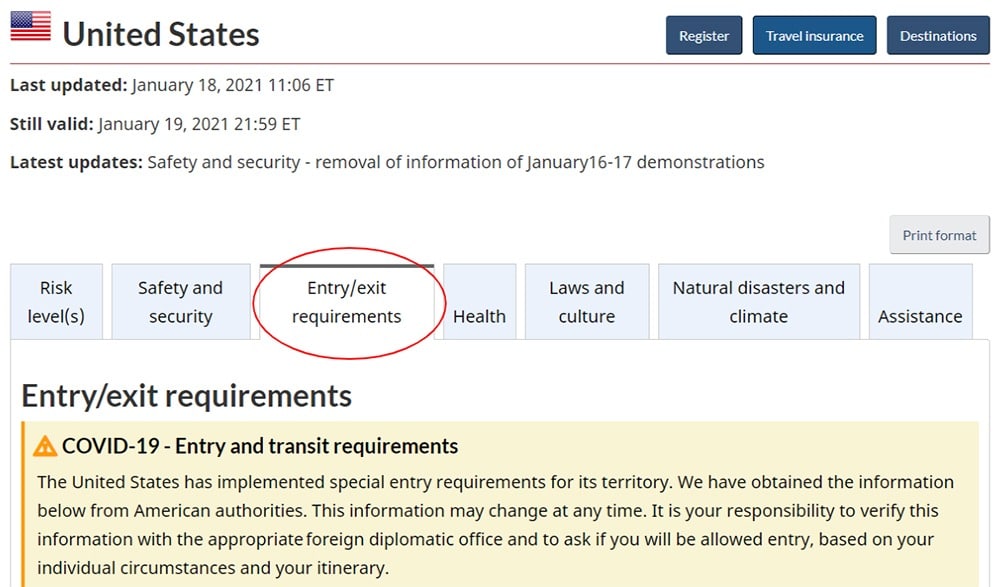How Does a Criminal Record Affect You?
Are you wondering how a criminal record will change certain aspects of your life in Canada?
Criminal convictions — or even non-convictions — will result in your name showing up in a criminal record check.
Today, we’re going to discuss the effects a criminal record has on your:
- Employment
- Volunteer work
- International travels
- Insurance
But first, let’s explain what a criminal record is and what the person checking it may see.

What Is Considered a Criminal Record?
A criminal record summarizes a person’s infractions and is managed by the Royal Canadian Mounted Police (RCMP) throughout Canada.
Your offences will be on paper with the Canadian Police Information Centre (CPIC). They can be accessed by all law enforcement officials and authorized agencies — including local police.
What Shows up on a Criminal Record Check in Canada?
A criminal record check will disclose your personal information. It will include your:
- Height
- Weight
- Eye and hair colour
- Identifying marks
- Known aliases
- Social security numbers used
- Fingerprint classification
- Race
- State and federal identification numbers
It will also include your offences, along with the criminal convictions and the sentence you served.
If you have a criminal record, regardless of if you were convicted or innocent of the charges, it will affect your life in several ways.
Criminal Record Checks and Employment

One of the most critical aspects of your life that will be influenced is your employment and livelihood.
While Canadian Human Rights Laws frown upon discrimination in the workplace, it is not illegal for employers to decide against hiring someone with a criminal record.
And unfortunately, most companies refuse to hire applicants with criminal records. Especially if they include any criminal convictions.
The former is undoubtedly the case for government agencies, non-government organizations (NGOs), and civil society organizations (CSOs). If you wish to work with them, you must sign a consent form that lets them request a criminal record check from the CPIC.
To be at least considered for work, you will have to obtain a criminal record suspension (pardon).
Grounds for Termination / Rejection
You cannot be fired, rejected, or put at a disadvantage because of a criminal record check if:
- Your record has been pardoned.
- Your offence is not related to your current line of work.
In the case of you getting a criminal record while employed, you may get fired with or without cause.
If your termination has a reason, your employer does not have to give you a notice period or a severance package. However, this rarely happens, and only if the employers are forced to take extreme measures.
What to Say to Your (Potential) Employer

Under no circumstances should you lie to your employer or interviewer about your past transgressions. If the charges against you were discharged, you could say you were acquitted. However, you cannot claim that you were not found guilty in court.
If you feel that you have been discriminated against for your honesty about your criminal background, you should file a complaint.
You can also file a complaint if your employer or interviewer asks you questions about your record without good enough reason to.
Getting a Certified Criminal Record Check
If an employer asks for your fingerprints, they probably require a Certified Criminal Record Check. To get one, you have to contact the local police or an accredited fingerprinting company.
It may require local processing fees (to be determined by the local authority) and federal processing fees ($25 CDN).
You can also contact Instant Record Check to handle your criminal record checks when applying for a job.
The electronic fingerprints are received by the Canadian Criminal Real Time Identification Services (CCRTIS) of the RCMP.
You may need a Certified Criminal Record Check and a Vulnerable Sector Check to work for people in the vulnerable sector.
“Vulnerable Sector” refers to vulnerable people of a certain age, as well as people with disabilities.
Criminal Record Checks and Volunteering
If you are already volunteering or want to get involved with any local volunteer work, most agencies will conduct a criminal record check.
You will not be able to volunteer if you have a record, even if it is a few years old. This will still be the case even if the charges against you were later:
- Withdrawn
- Dismissed
- Stayed
- Made into a peace bond
- Discharged
You will only be able to volunteer if your criminal record gets suspended (pardoned), so your information no longer appears on a criminal record check.
Criminal Record Checks and International Travel
Whether your record will affect your visit to a particular country will depend on the rules and regulations of the country itself.
Some countries will not allow you to enter if your information comes up in a criminal record check.
Consult the Travel Advice and Advisories page of the Canadian government website to determine if the country you wish to visit will deny you access.

You can also contact the embassy or the consulate of the country you wish to visit ahead of time.
Travelling to the United States
Since the US is the most popular travel destination for Canadians, let’s focus on that as an example of how having a criminal record can influence travelling.
Keep in mind that the Canadian and US governments share criminal record data for better law enforcement and security purposes. That means that they will have access to the RCMP’s database for criminal records, and your name may show up even if you only have a non-conviction.
American immigration laws are very stern when it comes to dealing with people who are ex-offenders. You will not be allowed to enter the US if your criminal record check shows an offence:
- Related to drugs
- Related to terrorism
- Related to prostitution
- Related to National Security
- Of moral depravity (i.e., murder, theft, fraud, aggravated assault, and so on)
You will not be able to enter the US if you have been found guilty of multiple offences, or if you have served a sentence of five years or more.
The same can be said even if your record only consists of non-conviction(s).
However, there is a chance you will be able to enter the United States if the convictions were made a long time ago.
Getting a Waiver
If you are not certain of whether you will be allowed to enter the United States, you can apply for a US Entry Waiver. You will have to pay a fee, and the processing can take a lot of time.
However, bear in mind that a waiver issued to you does not automatically give you the right to enter the US, as it doesn’t guarantee you will be able to cross the border into the country.
Border agents can still turn you away based on other rules or the discretion US law gives them.
To get a waiver issued or find more information about waivers, you can consult a lawyer. You can also read the “entry/exit requirements” section of the US on the Canadian Government website.

Criminal Record Checks and Insurance
For your record to affect your insurance coverage, your insurer must first prove a connection between what is covered by the insurance and your record.
In the case that a link is found, the insurer can:
- Refuse to insure you
- Cancel your insurance
- Demand a higher price
- Offer reduced coverage
- Reject a claim
Every case is unique.
For instance, if you have a history of theft, fraud, and possession of stolen goods, Property and Casualty Insurance companies may see you as a risk. In such cases, the insurer can cancel or refuse your insurance.
Keep in mind, though, that you are legally obligated to disclose your criminal record to an insurer. If not, the insurer will be justified in cancelling your insurance or refusing to pay if you make a claim.
Your obligation does not end even after you get insurance. While the policy lasts, you must reveal any information to your insurer that could increase the risk of insuring you.
If you are having problems getting insurance, please contact an information center at the Insurance Bureau of Canada.
Does Your Record Clear After Seven Years?
Your criminal record will not automatically expire, not after several years and not for minor offences, except under certain conditions.
It doesn’t matter how light the transgression was that you were convicted for in court. Your record will remain on file with the CPIC and RCMP until you’re — at least — 80 years old.
However, you do not have to live with the implications forever.
You may apply for a record suspension (pardon) with the Parole Board Canada (PBC). If granted, the RCMP will keep your record separate from other criminal records. This will prevent most people from getting access to your information.
Furthermore, if a minor commits a crime in Canada, their record will be sealed after a certain time.
They will not need to get a pardon in such cases — their information cannot be disclosed unless they commit a serious offence as an adult.
What Next…
If you are interested in finding out how to get a criminal record check in Canada, check out “How Do I Get a Police Check in Canada?” or contact Instant Record Check.

Featured Image: Rawpixel










